In this episode, Jim and Jan discuss the critical skills and characteristics leaders should be fostering and selecting for within their work ecosystem. They talk about the need for conscious competence when hiring, and describe the environment where people are enlightened, engaged, and energized.
Key Takeaways
[2:11] With the economy doing well and unemployment at a record low, there is a ton of demand for talent, and the supply has dried up as Baby Boomers retire from the workforce. Although technology has found a way to cover many jobs that humans have done, they have also opened up many others that are in need of people. Leaders are asking themselves for how to successfully hire, attract and keep the the new generation to their workforce.
[4:37] While employers tend to look for employees that are “ready made”, possessing all the skills necessary for their job, they should look for the raw qualities and characteristics that align with your core values. Specific tasks are easier to be caught than attempting to train someone to adopt characteristics of drive, passion, curiosity and consideration.
[9:47] Creating an environment where people are proud to work in and call their own is imperative. Otherwise, Glassdoor tells us you have about 10 months before people look for a new job.
[10:40] When you marry finding employees characteristics and strength that fit your organization, they will be happier and more likely to stay.
[12:04] Tomorrow’s leaders want to be purposeful and mission driven, collaborative and not stuck in an office / classroom. It is up to today’s employees to provide an environment that breeds effectiveness and bolsters retention.
[13:25] Employees want to trust that the workplace has good values, purpose and mission. The organization needs to trust the employees to accomplish their tasks, and understand the company’s objectives.
[15:13] Three items that must be present for leaders to foster in their environment:
- Trust is very important to a healthy ecosystem, whether it’s family, company, or friendship.
- Tribe has a collective understanding of what’s important, and provides a feeling of belonging, responsibility and cause.
- The people that support what they help create. One person might have a vision, but a tribe is needed to make a movement.
[20:44] Figure out what’s essential, and work on that. For more on Essentialism, check out Episode 098 with Greg McKeown.
[20:39] Focus and sequencing are critical skills when solving problems. Focus allows you to say what really matters, and sequencing is knowing when things are important.
How to contact Jim & Jan:
Quotable Quotes
- There is a ton of demand for talent, and the supply is drying up.
- We have forgotten how to build and train employees.
- If you can fit to someone’s strengths, the odds of the passion being there are higher.
- As the architects and engineers that frame the environment, leaders must step back and see what they can do to enha.
- Stop being tactical, start being strategic.
- “The employee and organization must trust each other.”
- “Do less better.”

These are the books mentioned in Jim and Jan’s podcasts.


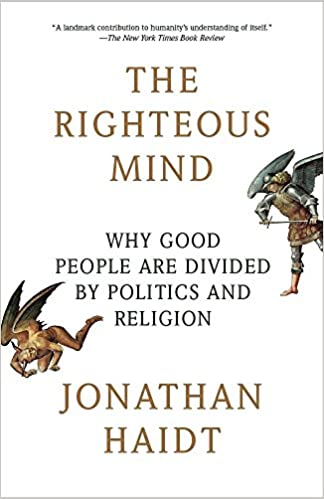

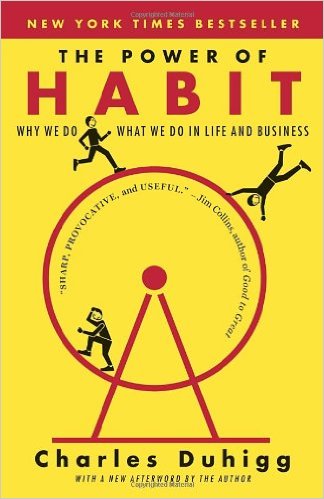
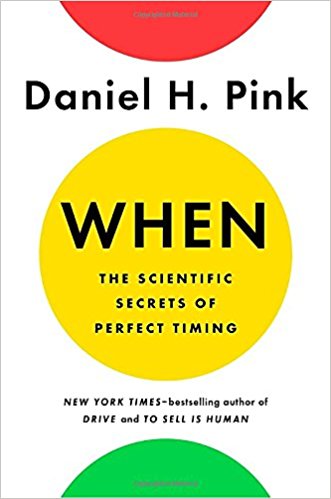
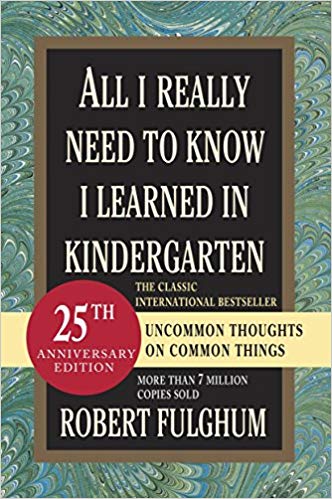
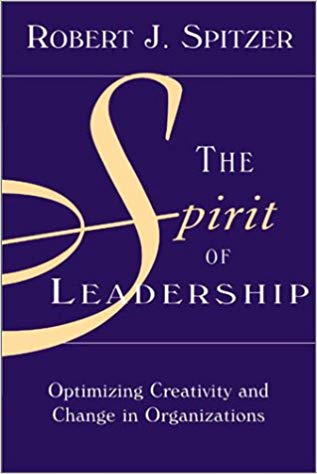
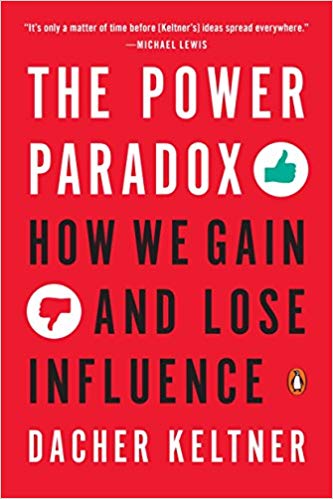
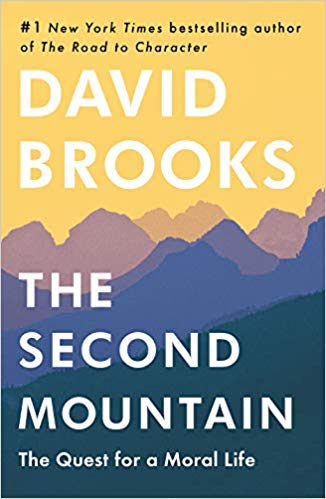
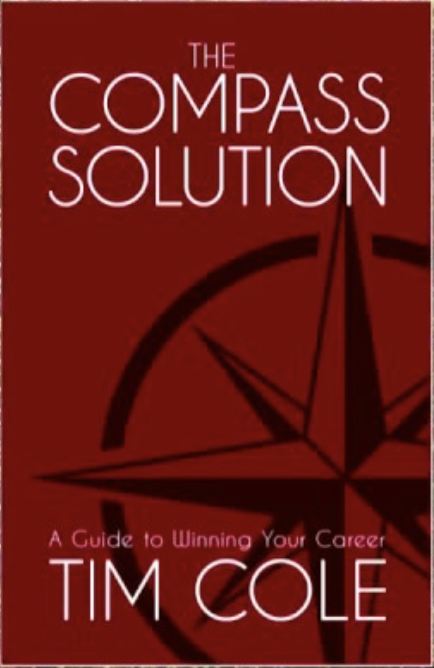


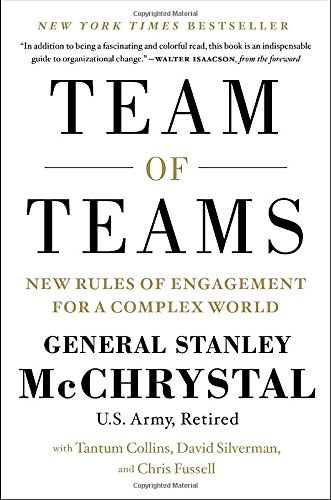




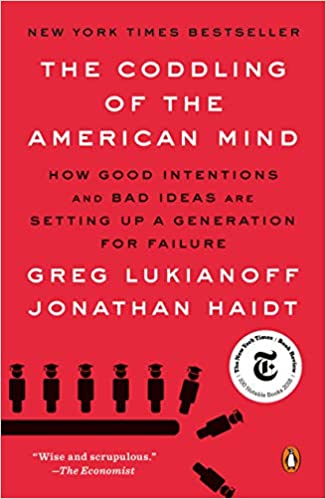
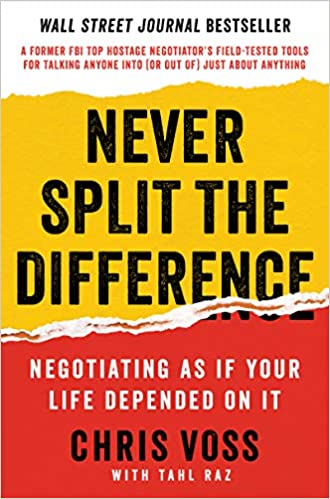
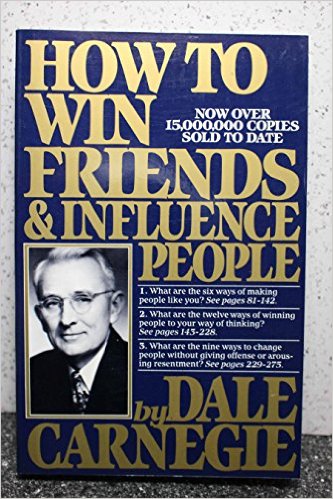
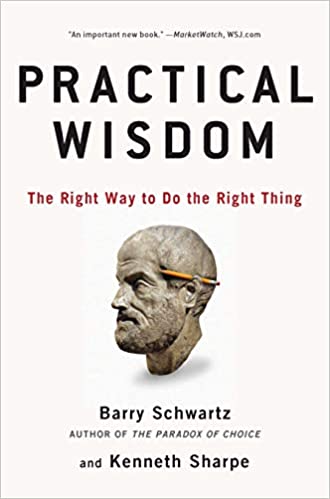
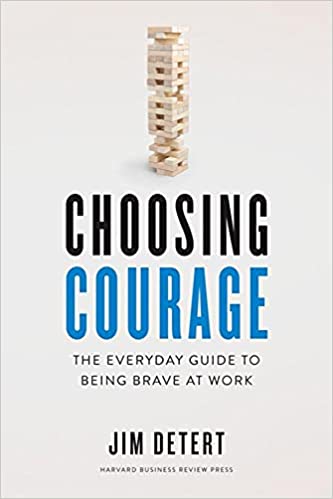
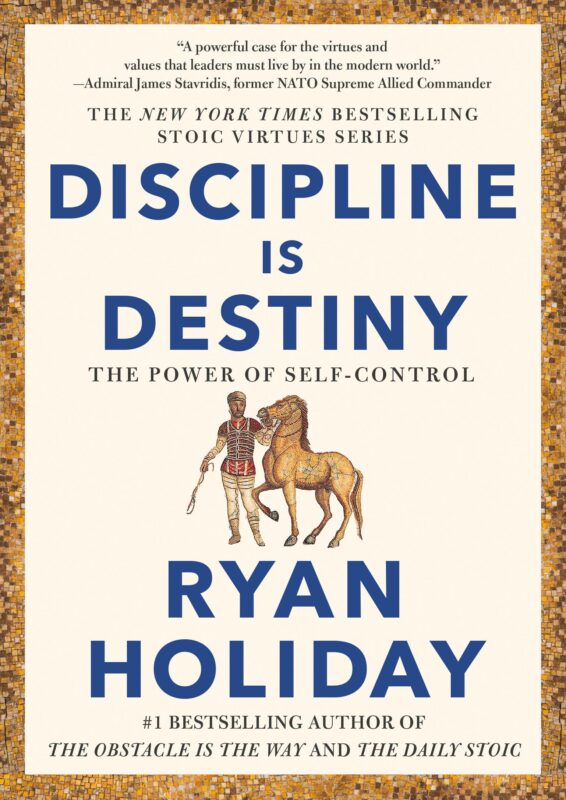
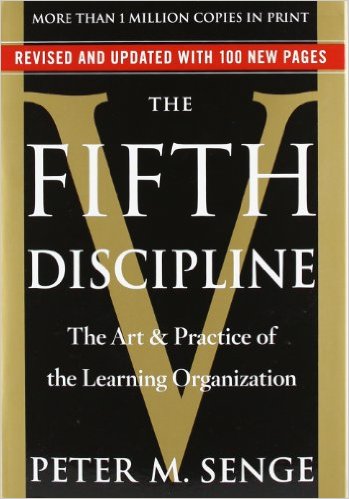
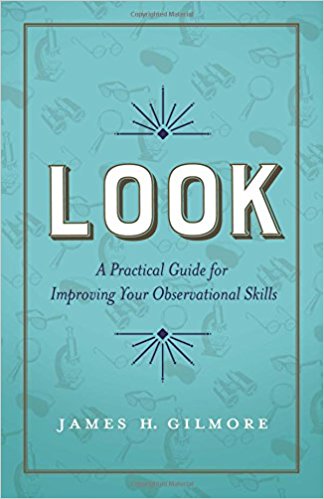
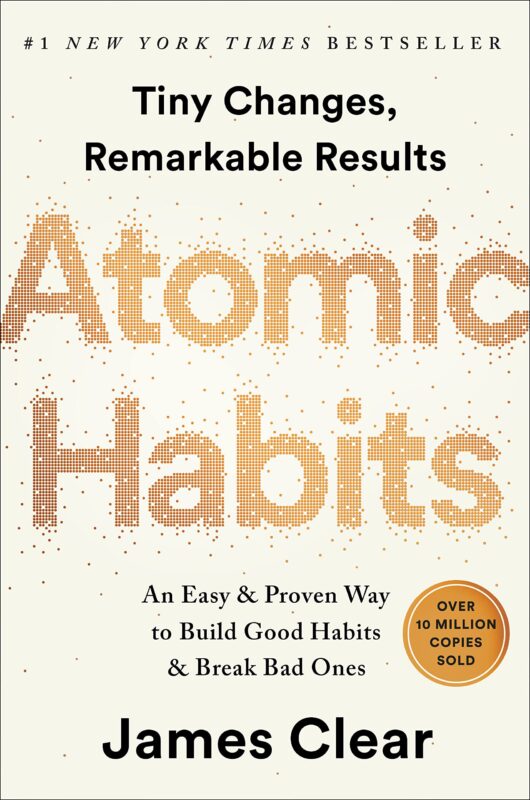
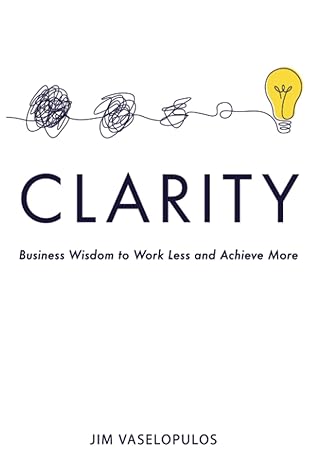

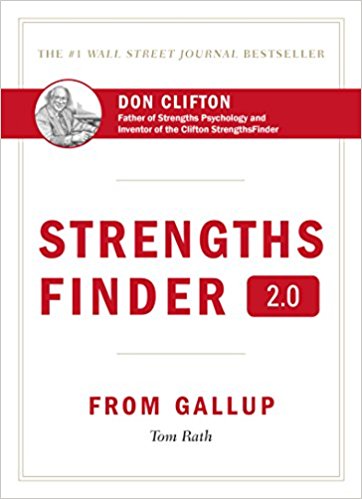
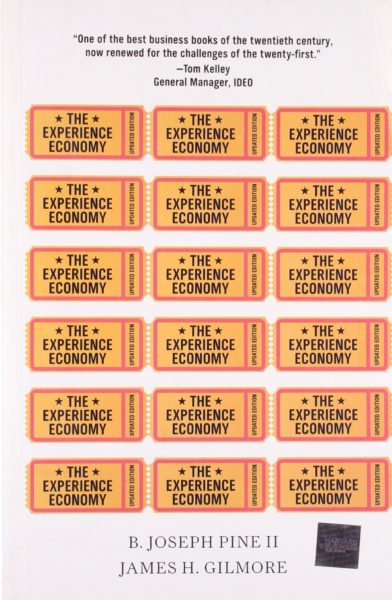

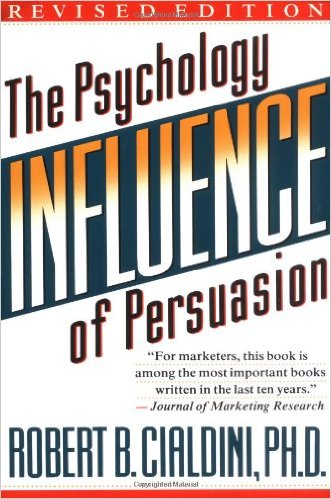
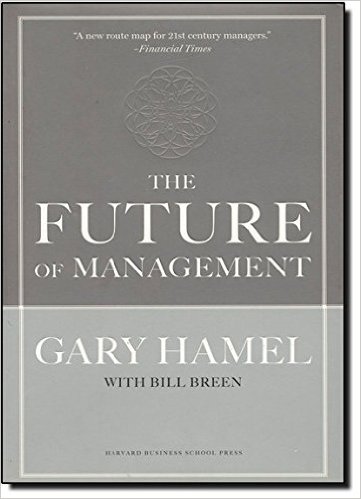
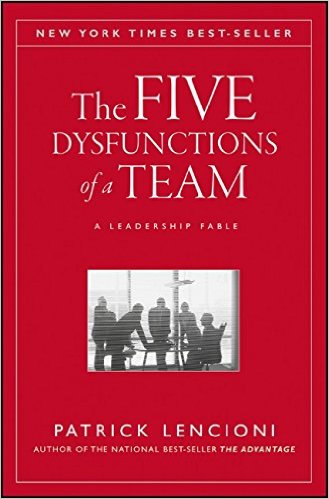
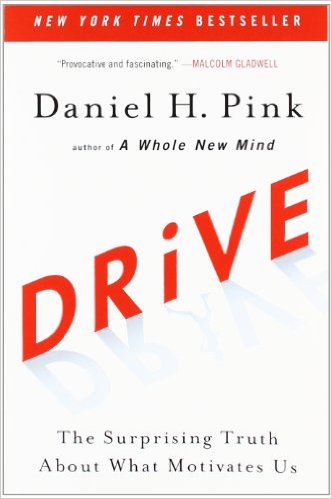
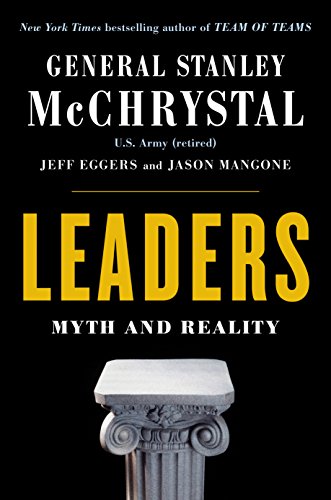

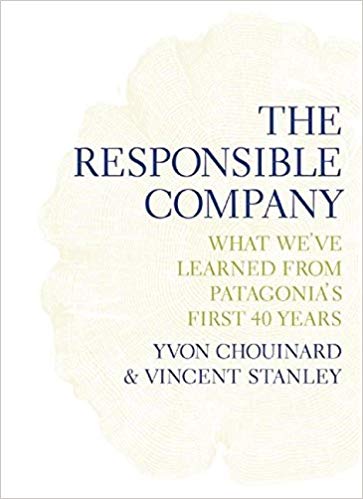

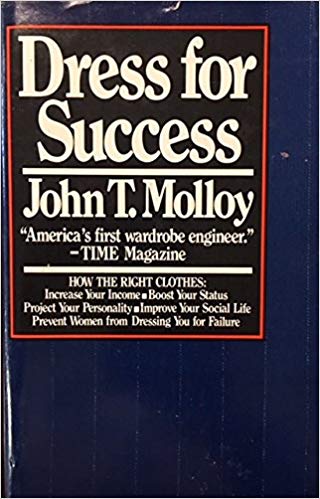
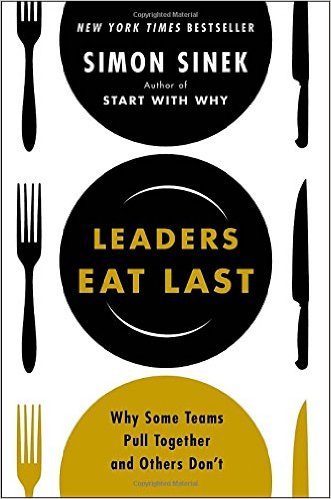
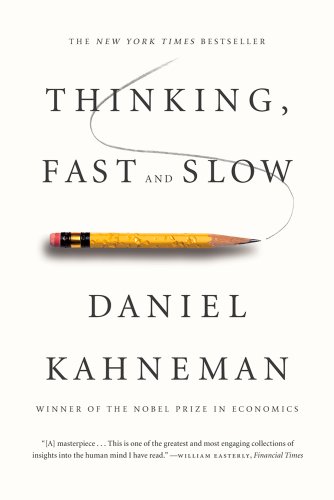
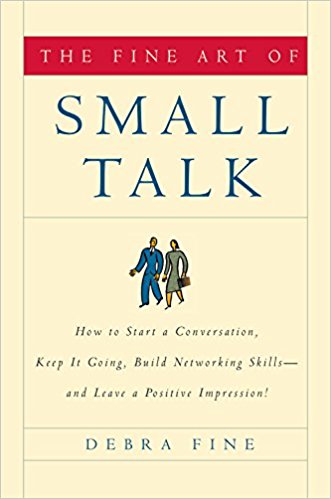
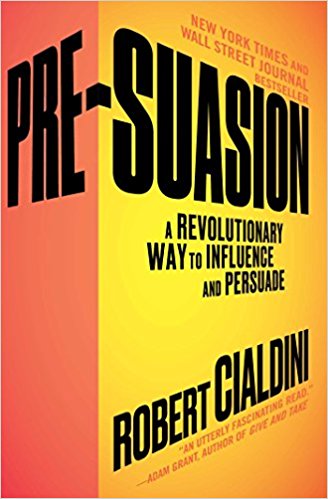
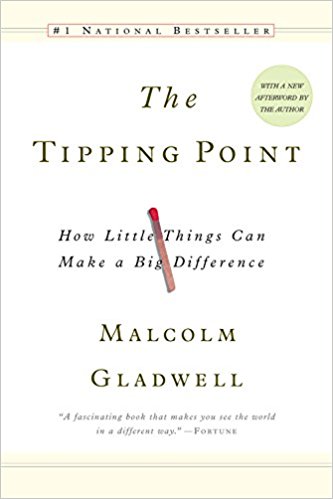
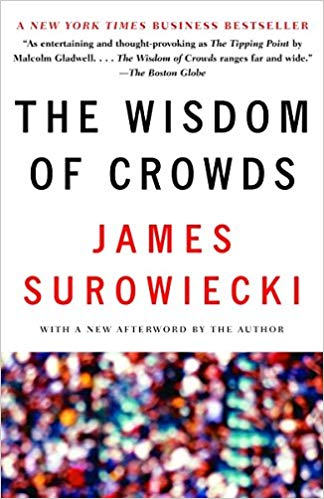
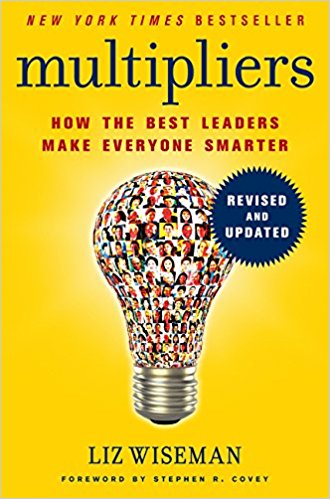

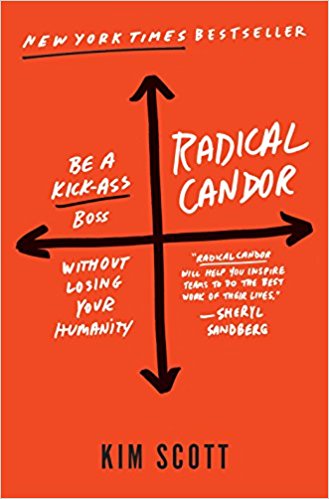
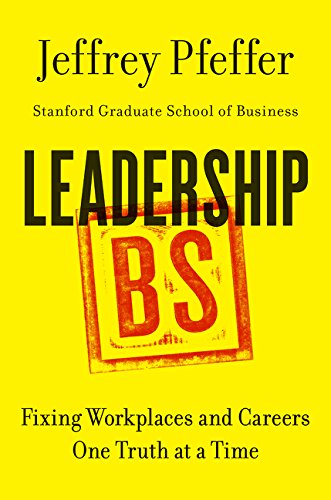
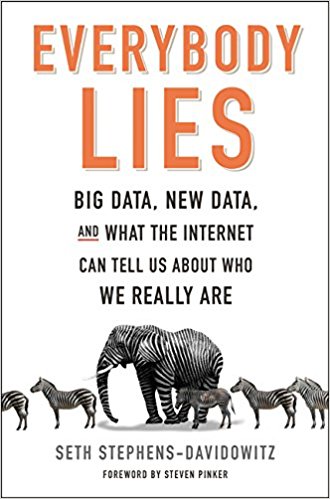
Recent Comments